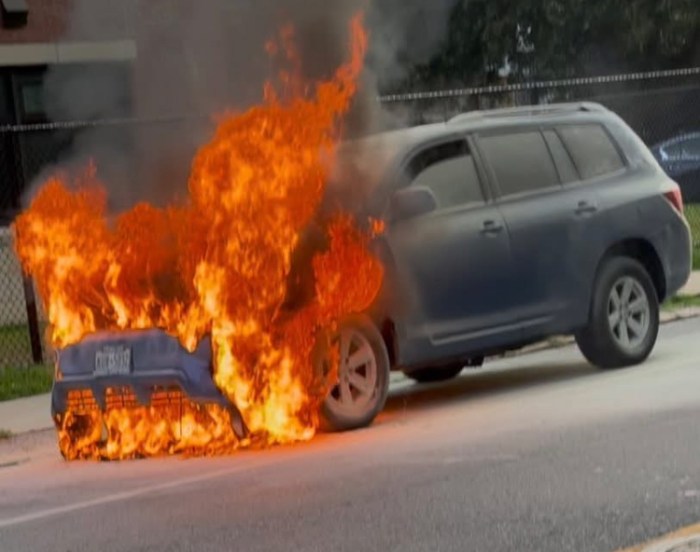A Fall From Grace
Is there anything in life more shattering than a fall from grace? To see one’s reputation splintered into so many little fragments, to be ruined beyond restoration and chastened without recompense is a weighty cross to bear. The scorn of public obloquy withers with the heat of a burning desert sun. We can empathize with Antigone and Creon, both of whom stood for legitimate but mutually exclusive principles that led to a fatal collision, a tragic denouement. But that was a matter of circumstance or fate; but to suffer by one’s own actions, through one’s own grievous fault, because of some inherent weakness or flaw like we see in Macbeth or Dr. Faustus is an entirely different species of destruction; spiritual death by one’s own hand always is.
We read Greek and Shakespearean tragedies because they are often dark mirrors of our own soul. Long centuries have not sapped their power, nor have their sinews withered on the vine of time: The fault, dear Brutus, is not in our stars/ But in ourselves that we are underlings are lines that haunt us with the relevance they have for today. The literary critic Walter Kerr called tragedy of our own making “an investigation into the possibilities of human freedom.” How we choose can make all the difference and those choices are as real as the warmth of summer and the cold of winter.
This all came to mind when the doping case against the legendary Lance Armstrong, a seemingly impeccable hero, blazed across the front pages of newspapers and was the lead story in many media outlets. Sadly, the evidence against Armstrong is beyond dispute. The United States’ Anti-Doping Agency compiled more than 1,000 pages of scientific data and lab test results, emails and sworn testimony from 26 people including 15 riders who were coerced into Armstrong’s sordid world of performance enhancing drugs. For those who admire Armstrong, and they were legion, this is a crushing blow.
This letdown is understandable considering the dramatic circumstances of Mr. Armstrong’s life. After a near death experience with cancer, Armstrong set a record by winning an astonishing seven Tour de France titles. No cyclist had ever approached such dominance, much less doing it after literally rising from his deathbed. Not surprisingly, Armstrong became a legend in his own time; his story resonated powerfully not only with those who admire athletic achievement, but with those who struggle with adversity and saw his success as a source of strength and hope in facing their own trials. By dint of will and determination, Armstrong scaled unfathomable heights not only defeating the deadly cancer in his body but becoming a champion of champions in the ferociously competitive world of cycling. Victory amid almost certain defeat has always been one of the most uplifting narratives in the whole volume of human existence and by rising from the valley to the summit, Armstrong had become a symbol of raw courage, pluck and perseverance. Just as affecting were Armstrong’s philanthropic activities to combat the disease that nearly destroyed his career and claimed his life. He started the eponymous Lance Armstrong Cancer Foundation that raised a staggering $470 million to find a cure and help those struggling with this terrible disease.
This makes the news about his flagrantly deceptive and spurious actions to illegally boost his physical powers for the lure of fame and fortune all the more regrettable. That Armstrong used illegal substances to enhance his athletic capabilities should come as no surprise to anyone even remotely familiar with the nature of sports over the last 20 years. It’s my belief that the athletes who have been caught taking these drugs are just the tip of the iceberg. Armstrong being implicated does not mark the end of innocence in sports; that epitaph was inscribed a long time ago.
The Armstrong saga was the usual soap opera which begins with the accusatory finger, including the athlete’s repeated and sanctimonious denials and ending finally with a public indictment of the perpetrator, all of which has become tiresomely familiar modus operandi. The U.S. Postal Service pro cycling team received tens of millions in taxpayer money and Armstrong cycled all the way to the bank dripping with cash. Give the USADA credit for taking decisive action: stripping Armstrong of his seven Tour de France titles and banning him from cycling for life. Compare this to Major League Baseball’s love taps to punish its biggest stars for using steroids to establish fraudulent records and statistics in what has been a brazen swindle of both the fans and the integrity of the sport.
Lance Armstrong’s stupendous descent is a reminder and a morality tale about the sway of human desire and how easy it is to rationalize bending the rules in order to win. “Man,” says the Book of Job “is born unto temptation.” We see it in all walks of life. It’s been said that “all great political careers end in tragedy.” The reason, I suppose, is that the corridors of power are often a lair of temptation and provocation. The world is at your doorstep and woe to those who are not wary of the world. An old hand in politics once informed me that the powerful almost always succumb to the Four Horsemen of the Apocalypse —- in this case money, booze, sex or the illusion of their own grandeur. Bill Bennett, the former education czar, the author of the Book of Virtues, a man who seemed utterly fastidious in his moral habits was exposed at having lost more than $8 million at the slot machine, the roulette wheel and the blackjack table. This is hardly the worst transgression between man and God, but the behavior clearly countenances an unseemly bravura from one who is the author of The Book of Virtues, the royalties from which he ostensibly and insensibly frittered away in the gambling palaces of Vegas and Atlantic City.
Armstrong’s worst sin may be that he is still in denial. He needs to come clean, to be contrite. The American people have a big heart. His sins are not so purple that they cannot be flattered with the hope of redemption. Yes, as J.D. Salinger’s great character Holden Caufield knew, the world is full of phoniness but the human soul, though fraught with sin, is not so thoroughly polluted that it is incapable of acts of grace, nobility and selflessness. Even those who have fallen, meaning all of us, are capable of high-mindedness, honor and honesty. It is reason enough to leave the past and challenge the future.
































